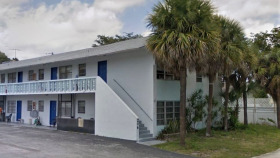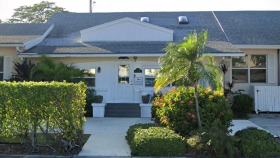About Recovery Boot Camp Addiction Treatment Center for Men
Recovery Boot Camp is a substance abuse recovery program in Delray, Florida. Their recovery program is heavily rooted in the 12 steps program utilized by AA and NA groups. They serve adult clients. Services offered include inpatient residential treatment, partial hospitalization program (PHP), intensive outpatient treatment (IOP), outpatient treatment, individual and group therapy, 12 step groups, education groups, spiritual support, work and education support, case management, life skills training, recreational activities, and alternative holistic therapies.




